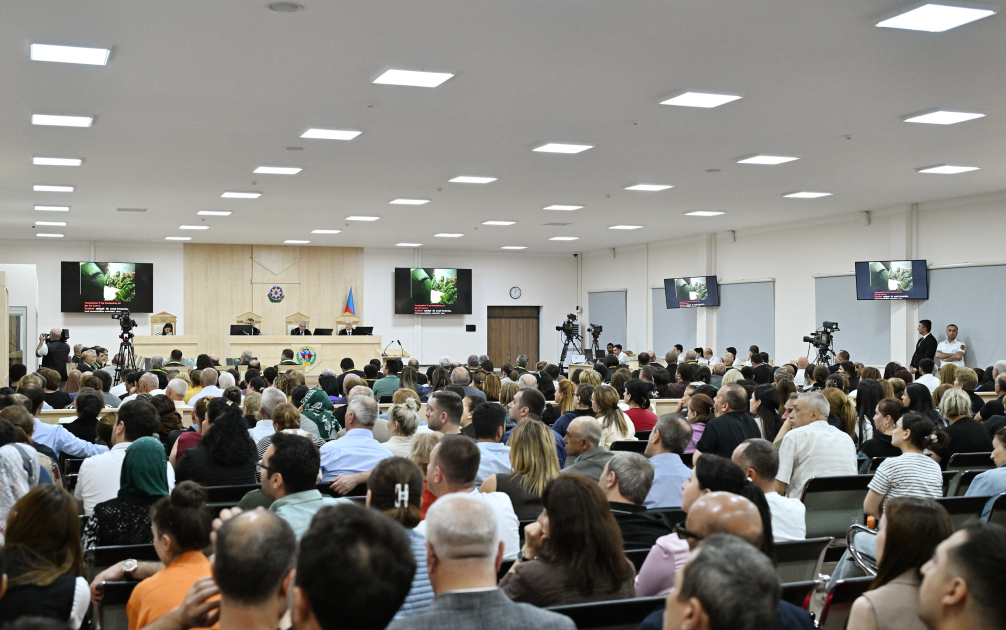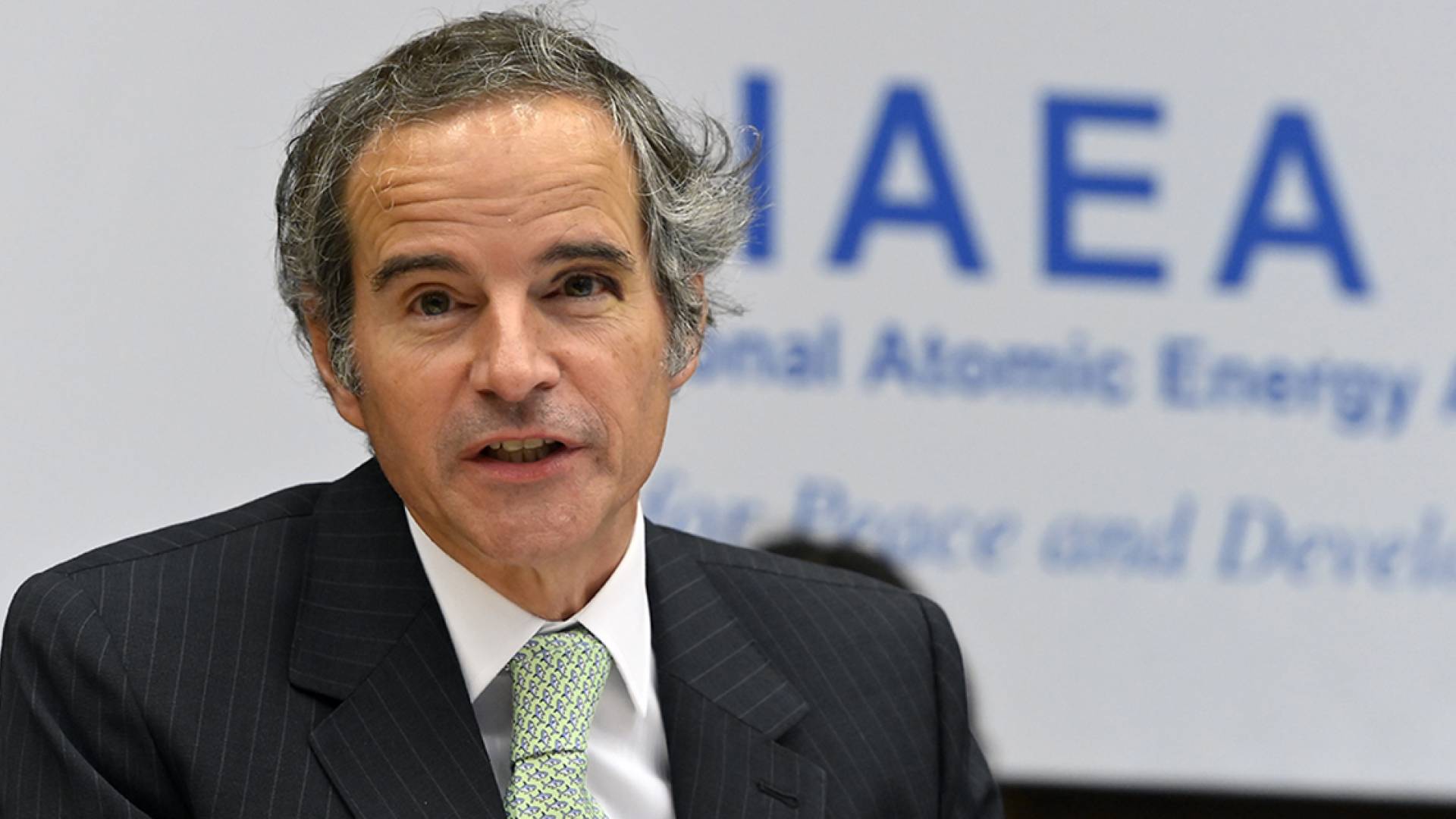U.S.–China Trade War Escalates, Shaking Global Markets and Economic Stability

The global economy faces mounting uncertainty as tensions between the United States and China escalate into a full-scale trade war. On April 2, U.S. President Donald Trump declared sweeping new tariffs under what he called "Liberation Day," targeting Chinese imports valued at over $400 billion. In response, China swiftly imposed retaliatory tariffs, further straining the world’s largest trade relationship.
The immediate fallout has been sharp and widespread. U.S. stock markets plunged, with the S&P 500 and Dow Jones recording their steepest single-day losses since the early days of the COVID-19 pandemic. Asian and European markets mirrored the downturn, fueling fears of a prolonged global recession.
The International Monetary Fund (IMF) reacted quickly, revising its 2025 global growth forecast downward from 3.2% to 2.8%. Inflation rates in major economies are now projected to rise more steeply than previously anticipated, as supply chains buckle under mounting tariffs and export barriers. Economists warn that continued escalation could push fragile economies into deeper fiscal trouble, especially in emerging markets dependent on international trade.
Business sectors ranging from technology to agriculture have begun reporting disruptions. U.S. farmers, already strained from previous trade tensions, are bracing for further losses. Technology companies, heavily reliant on Chinese manufacturing and semiconductor imports, are sounding alarms about production delays and cost increases.
Global leaders have voiced concern over the rising conflict. European Union officials called for urgent negotiations to de-escalate the situation, emphasizing the interconnected nature of modern supply chains. Meanwhile, developing economies expressed fears that the trade war could exacerbate inequality and disrupt critical supply lines for food, medicine, and technology.
In Washington, administration officials defended the tariffs, arguing that they are necessary to address long-standing imbalances and protect American industries. However, critics contend that the abrupt measures risk destabilizing the global economic order and eroding trust in international institutions.
China, for its part, has indicated it will not back down easily. In a statement from the Ministry of Commerce, Chinese officials described the U.S. tariffs as "economic coercion" and pledged to defend their country’s interests through "all necessary means." Talks between the two nations have stalled, and no new negotiations are currently scheduled.
The trade war marks a critical juncture for the world economy. Analysts at major financial institutions now warn of a potential "stagflation" scenario—stagnant growth combined with persistent inflation—if the conflict drags on into 2026.
For consumers around the world, the impacts could soon be felt in higher prices for everyday goods, delayed product launches, and greater economic volatility. For businesses, particularly small and medium enterprises, the coming months may determine their ability to withstand the shockwaves of a rapidly changing global landscape.
As the world watches and waits, the stakes could not be higher. The question now is whether global diplomacy can find a path forward—or whether a new era of economic nationalism is here to stay.
What's Your Reaction?
 Like
0
Like
0
 Dislike
0
Dislike
0
 Love
0
Love
0
 Funny
0
Funny
0
 Angry
0
Angry
0
 Sad
0
Sad
0
 Wow
0
Wow
0
















































.png?Expires=1838763821&Key-Pair-Id=K2ZIVPTIP2VGHC&Signature=IO0~CT3pU-TcxGc~yoZSmoQx23MZVuK-~4jSii~NKEblRmyO3el7NXPu~Rh1o23voASg7hlcHLw4kvQuDK1jssEhcjoNBBvEpZ~GGOAU6yosBhpHpeF179F~h7i6VxmsBNh9gtTutkoqY73O2YCFey~IAqSzKbBqETP1kP9cAg1916Z1YkJJs-5MliMrkZ5d7-mWGLbpHp2wGj2VlMph8XzYlL4~y1O7fB~JdIS~Rs4RMRs2x0WT1qUIpHAsf3GdwtOyAmKFSpIg8xCyNGZZ5h~13nXlmpd7uPvW8tBfttpG9pFTqcway-uch5WyfHOEfi7UlJCOWrr6fCYY5PMgSg__)







